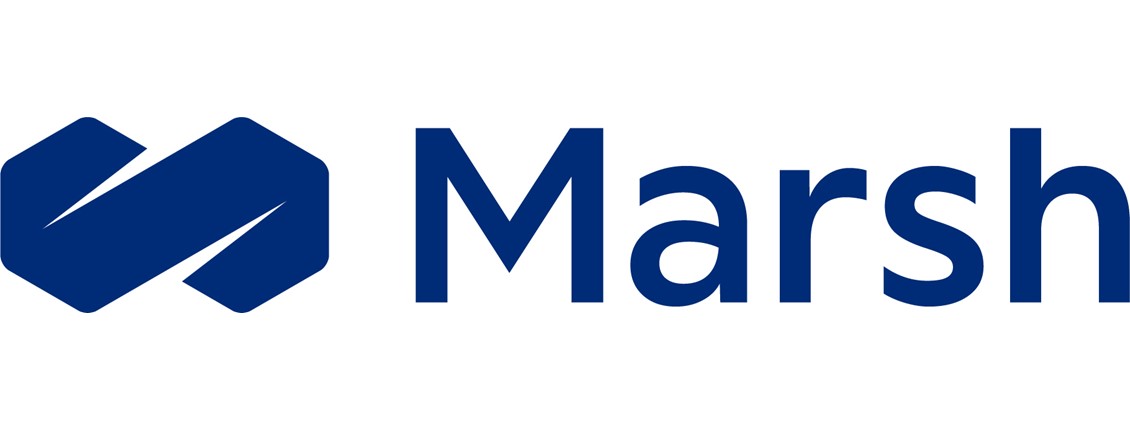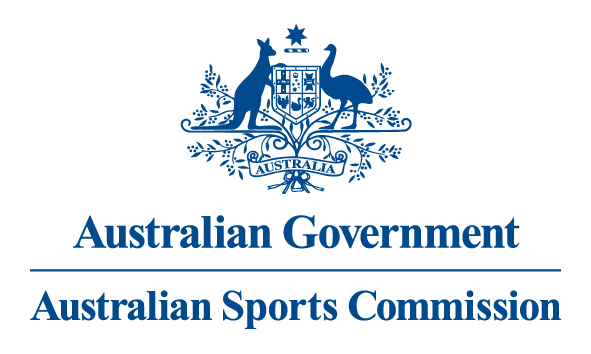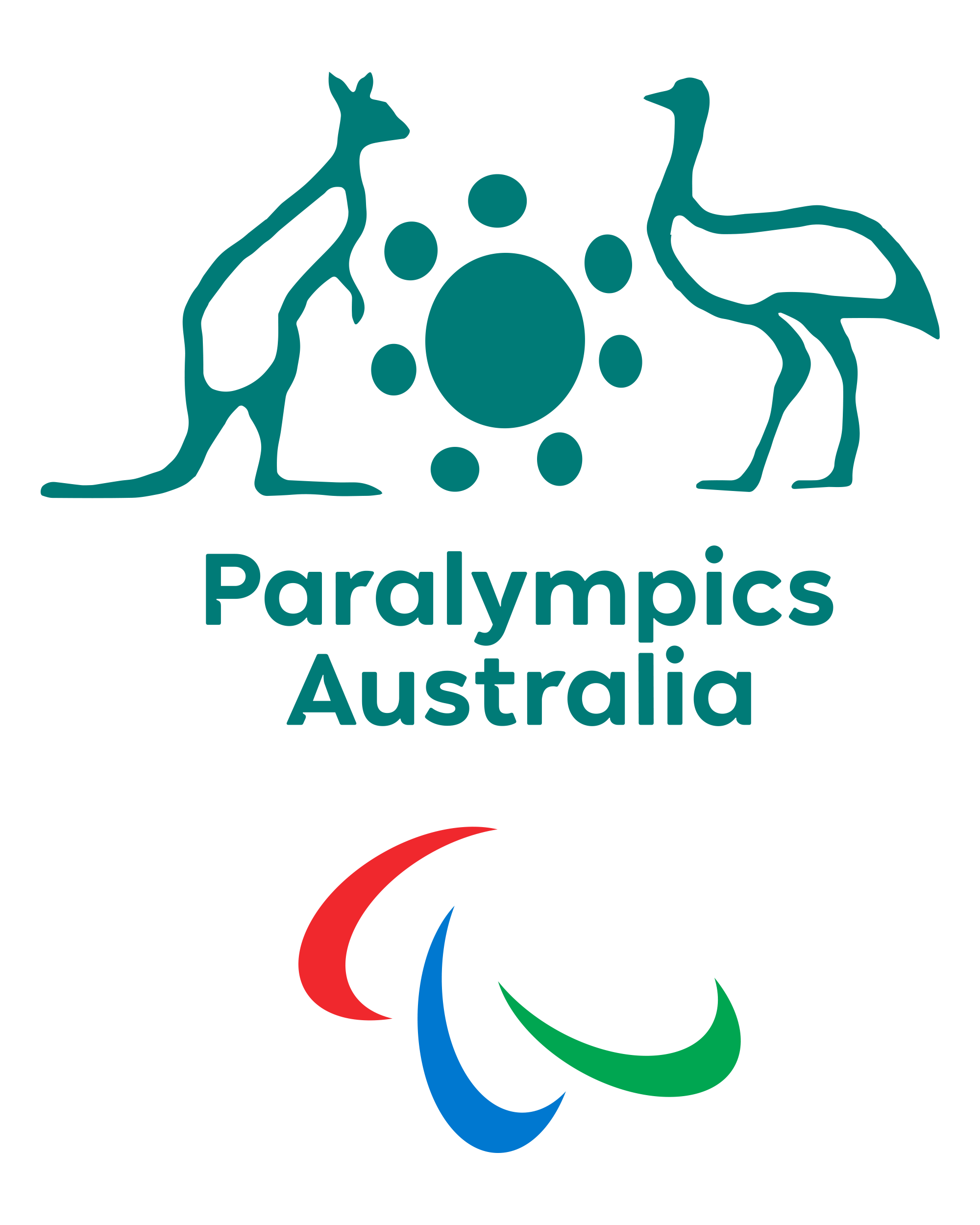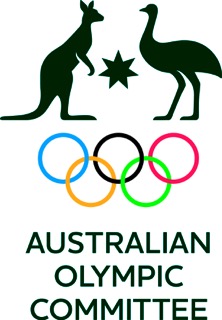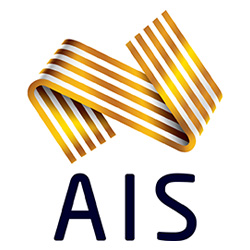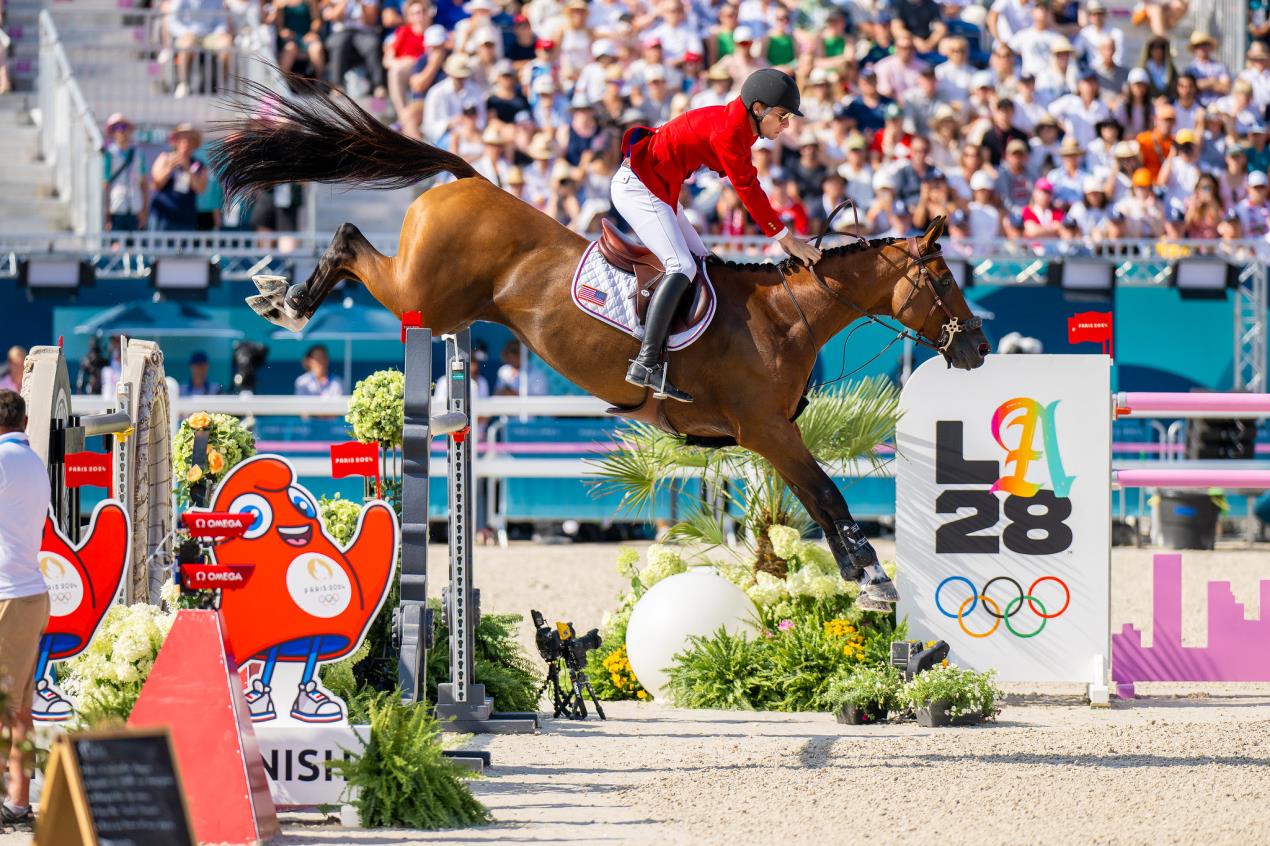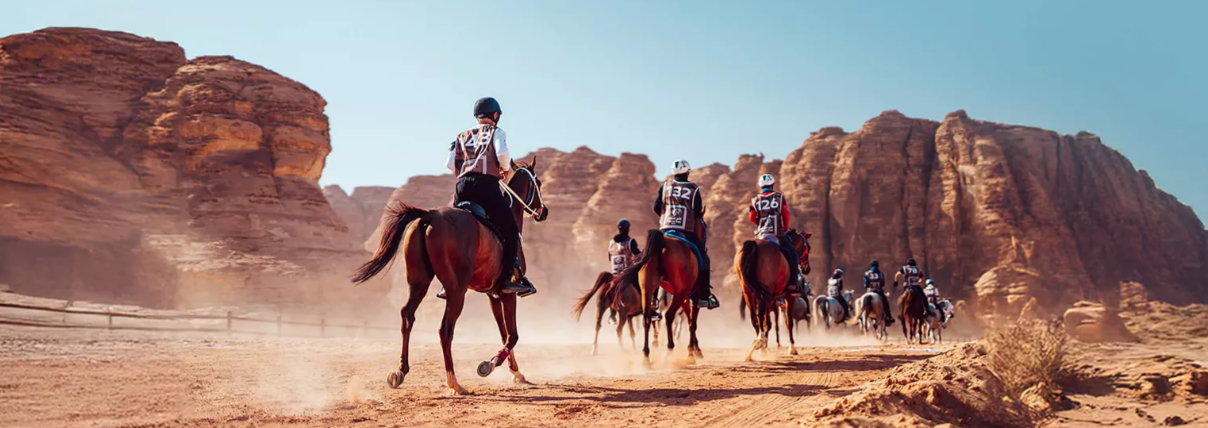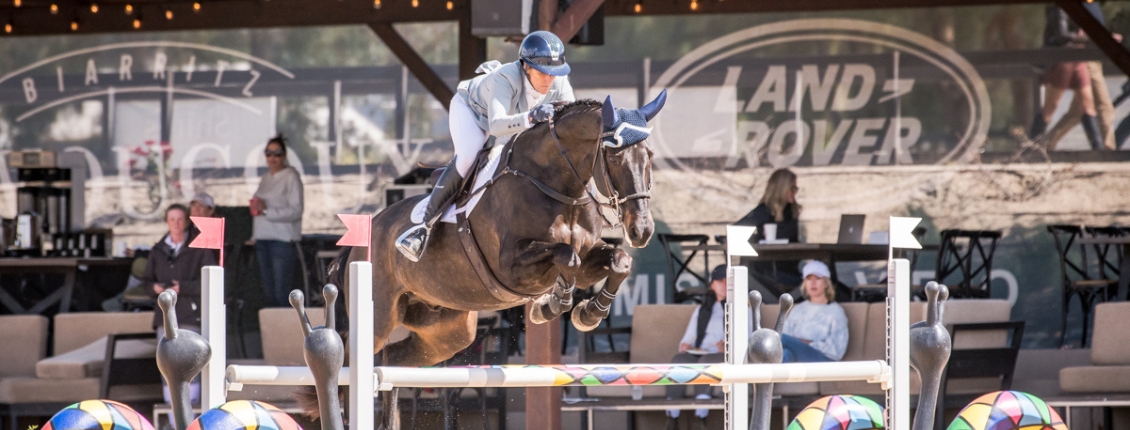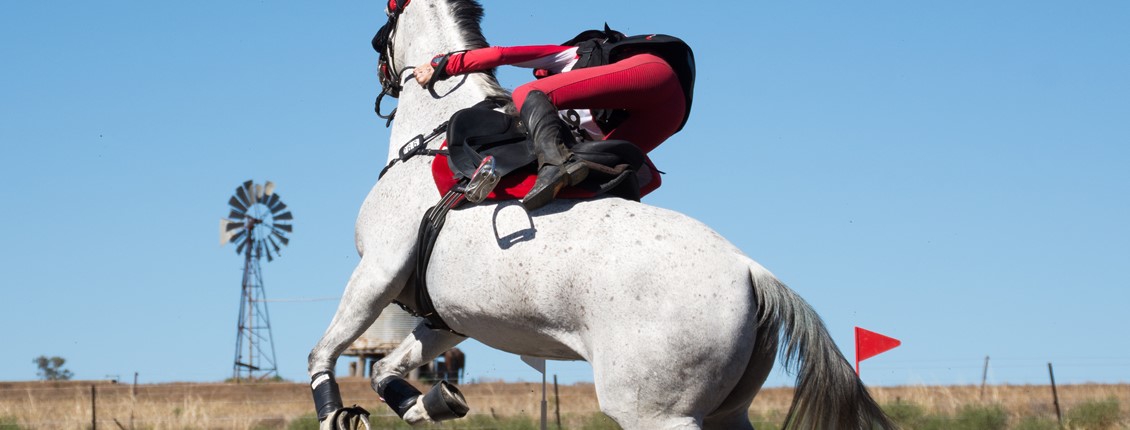
What Happens When You Fall During Cross Country
So, let’s imagine it’s cross country day, and you’re in the start box, ready to go. Your horse has been a little fresh this morning, and you’re both full of nerves and adrenaline.
The starter counts you down, AND YOU’RE OFF!
But, you were right to be nervous; you’re not seeing his stride, and get in close to jump six. Really close. And... Splat.
Lying on the floor, the wind knocked out of you, what happens next?
Well, that’s where we step in; your event incident management team.
Now, chances are, you’ve been a part of this team before yourself - all of our jump judges are volunteers, and often helping out between rides. If so, you already know what to expect. For the rest of you, here’s some insight... (jump judges all get to watch THIS video to help them out: https://vimeo.com/231660710)
On seeing you fall, the jump judge will pick up their radio and call out to you - ‘Can you get up?’ ‘Can you make you’re way over to me?’
Please answer; it really tells us a lot about how sick you are, and how much of a response we need to organise! If they don’t get anything back from you, the radio call will go out to our paramedic and doctor team to come and assess you.
Remember, if you’re lying on the floor, not speaking because you’re angry at yourself/your horse/the jump/the weather, but you’re actually fine, you could be diverting our team away from someone else who really needs them.
When the doctor or paramedic gets to you (this has been the standard at many events for years, and will be mandated from January 2020), they’ll ask a series of questions and make an assessment of your injuries. This will allow them to start appropriate treatment on scene and arrange for further care/moving as necessary.
Please be respectful of them; it’s actually mandatory you get cleared by them, either before you get on your next horse OR leave the event grounds.
The penalty? At best, a yellow card. At worst? An injury that you didn’t expect, that you didn’t allow to be checked for...
After our assessment, there are several options:
1) You have something non-life threatening, but that needs further assessment or investigation - we have the choice of arranging ambulance transfer, or liaising with you and your posse about whether you’re safe to go via private transport.
2) You have significant injuries (or they need excluding), and you’re not safe for private transport - either because of those injuries or the pain medication we’ve given you. In this case, we’ll call an ambulance, and discuss with them about the different ways to get you to hospital. This will depend upon a number of factors, including distance, weather, suspected injuries etc, and will either be by road or helicopter. Often, we have very little control over these options.
3) You are fine to go with your friends or family, but are able to check back in on the medical team later if anything changes, then follow up with your GP later in the week. You may also be given a discharge letter, to help both you and them with what to expect next.
Do come and find us if you start to feel worse, and it’s usually worth getting one of your friends or family to drive. Here on your own? Again, come back and find us. Our eventing community are amazing, and we’ll work out a way to get you and your horses home safely!
On cross country, there are often many bystanders, with varying levels of medical/nursing/paramedical experience. Please, feel free to ask if you can be of any assistance. However, care of the fallen rider remains the responsibility of the designated medical team, and we ask you to defer to them and their expertise.
In particular, please do not call an external 000 ambulance unless expressly asked for by the team; in order to not confuse the State Ambulance Service, we need to make sure one person is delegated to liaise with them, otherwise they can end up sending either too many crews, or the wrong skill mix of crew for the task in hand. We understand that you may well have significant trauma experience; however, unless you are already known to the medical team, we have very little chance of proving that.
So, if you are an experienced nurse, doctor, paramedic or first aider and want to get involved, how do you go about it? Why not start by sending us an email on [email protected] and we’ll add you to our list of skilled helpers. We will be looking at expanding our volunteer medical team very soon, with several different roles available, (yes, we know we sent out feelers in NSW before, but this time our plan is more concrete!).
The more we can divide these between us, the less work it’ll be for everyone, and the safer the sport will become.
If you’re after a less formal role, why not just pop over and say hi to the paramedic and doctor at your next event, and leave a number they can get you on?
As we all know, Eventing can be a dangerous (but thoroughly rewarding) sport; by working together we can make it as safe as it can possibly be.

